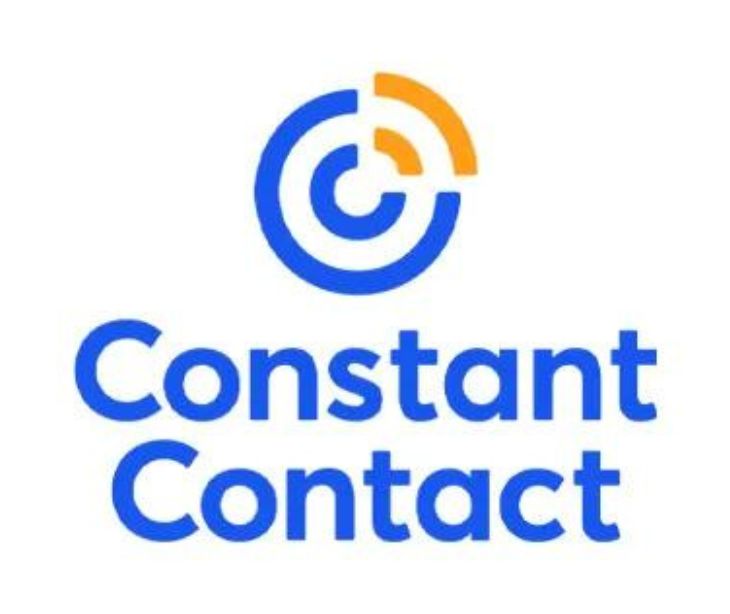
Yes, providers must ensure HIPAA compliance when offering couples therapy. Additionally, they can use the American Psychological Association (APA) Ethics Code to ensure ethical practice, creating a supportive environment for couples needing help.
HIPAA compliance in couples therapy
In the U.S., the Health Insurance Portability and Accountability Act (HIPAA) protects the privacy and security of individuals' medical information, including mental health information and, more specifically, couples therapy.
Providers, including therapists, must obtain explicit patient authorization before communicating patients’ protected health information (PHI). Providers must clearly explain how information will be documented and who can access the records.
Furthermore, providers must use a secure communication method, like HIPAA compliant emails or text messages, to safeguard patients’ PHI from potential breaches. Both parties must consent to releasing therapy records, which can become complex if the couple splits and one party wants to access the records. However, the APA Ethics Code offers a framework for managing therapeutic relationships in couples.
Ethical guidelines from the APA
Clarifying roles and relationships
According to Standard 10.02 of the APA Ethics Code, “When psychologists agree to provide services to several persons who have a relationship (such as spouses, significant others, or parents and children), they take reasonable steps to clarify at the outset [determining]
(1) Which of the individuals are clients/patients and,
(2) The relationship the psychologist will have with each person.”
So, therapists must clarify who the clients are and explain their roles, including the potential uses of any information gathered during sessions.
Limits of confidentiality
Many states have adopted similar ethical standards. For example, Ohio's Rules of Professional Conduct specify: “When services are provided to more than one patient or client during a joint session (for example, to a family or couple, or parent and child, or group), a psychologist… shall, at the beginning of the professional relationship, clarify to all parties the limits of confidentiality.”
Providers can incorporate this standard into their practice to help prevent misunderstandings and potential breaches of confidentiality in couples therapy. However, therapists must communicate these boundaries and ensure that all parties involved are informed and agree to them.
Record keeping
According to the APA's Record Keeping Guidelines, “The psychologist carefully considers documentation procedures when conducting couple, family, or group therapy in order to respect the privacy and confidentiality of all parties.”
The guideline suggests that the informed consent process should include details about how records are kept (jointly or separately) and who can authorize their release. Furthermore, providers can create separate records for individuals when appropriate, and a single joint record when needed.
Handling record requests post-therapy
Generally, the release of couples therapy records requires a court order or both parties’ consent.
The APA explains, “Issues regarding access to records and confidentiality rarely arise when a couple is actively engaged in couples’ treatment. However, if the couple later decides to split up, one spouse may subpoena the record as part of a divorce or child custody proceeding. In such cases, the psychologist should refer to the informed consent documents, relevant laws, and ethical requirements.”
Ultimately, the decision to release couples therapy records will depend on the specific circumstances of each case and the legal guidelines in place to protect confidentiality.
FAQs
What is HIPAA?
The Health Insurance Portability and Accountability Act (HIPAA) is a federal law that sets standards for safeguarding protected health information (PHI).
Who must comply with HIPAA?
HIPAA applies to healthcare providers, health plans, healthcare clearinghouses, and their business associates.
What is protected health information (PHI)?
PHI includes any information about an individual’s health status, provision of healthcare, or payment for healthcare, including mental health information.
Read also:
Subscribe to Paubox Weekly
Every Friday we'll bring you the most important news from Paubox. Our aim is to make you smarter, faster.




